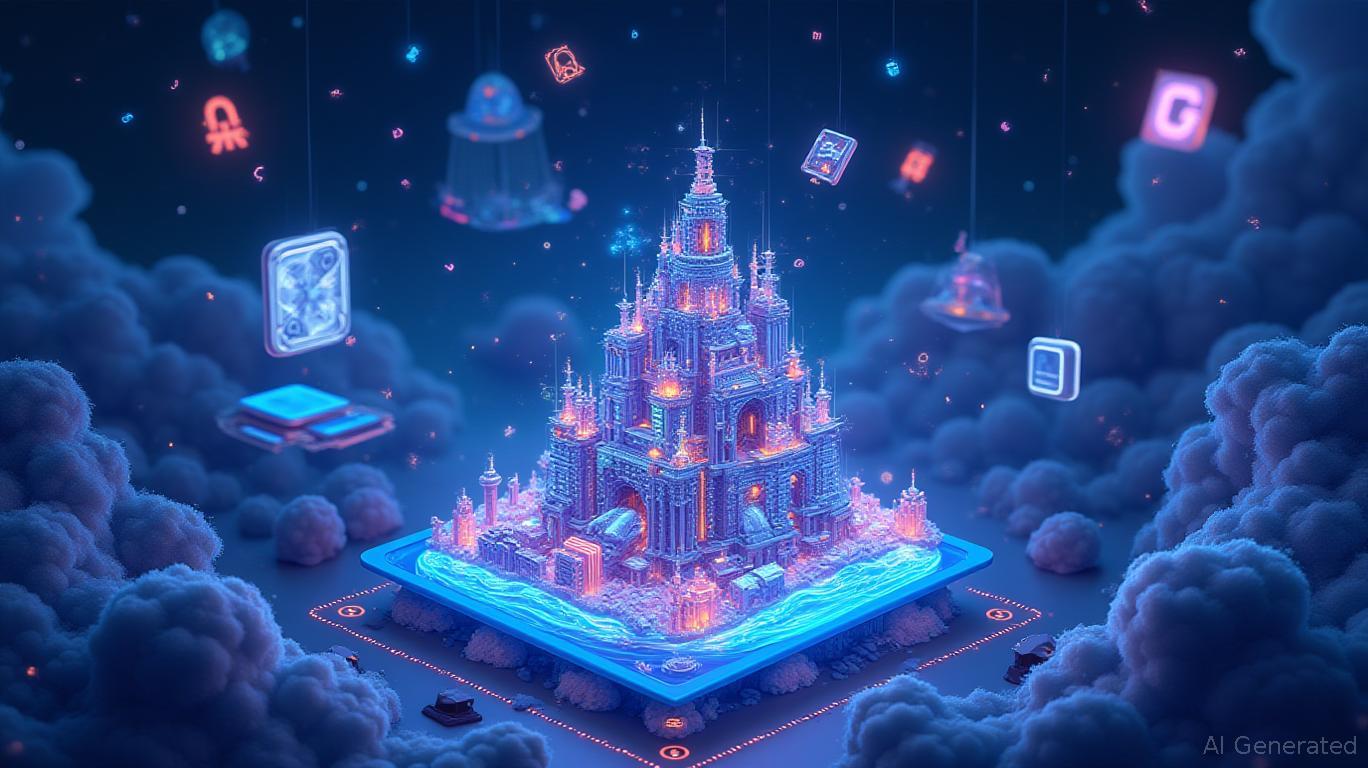OpenSea Aims to Reshape NFT Culture with AI and a Native Token Revolution
OpenSea is preparing to launch a new AI-powered product as part of its broader strategy to modernize its platform and engage its user community more effectively. The company has announced the upcoming release of “OpenSea Mobile,” an application designed to integrate AI into the trading experience, and the introduction of its “Flagship Collection,” a curated series of NFTs with cultural significance. These initiatives are part of the platform’s final preparations before the token generation event (TGE) for its native token,
, which is expected to debut in early October.
The AI-driven mobile application, referred to as “OS Mobile,” aims to streamline on-chain transactions by consolidating all wallet, blockchain, and NFT activities into a single, user-friendly interface. According to OpenSea, the platform is leveraging AI to enhance the trading experience, allowing users to make smarter and more informed decisions in real time. The mobile app is also designed to function seamlessly across both web and mobile platforms, eliminating the fragmentation that often hinders user experience in the crypto space. OpenSea has already begun testing the MCP (Model Communication Protocol) server with developers, which will serve as the infrastructure for the AI integration.
To further engage its community, OpenSea has launched a final rewards phase ahead of the TGE. Starting on September 15, 50% of all platform fees—1% for NFT transactions and 0.85% for token trades—will be directed toward a reward pool. Users can participate in this initiative by earning and upgrading gamified “Treasure Chests” through various activities, including cross-chain transactions and daily quests. The reward pool is already seeded with $1 million worth of
(OP) and Arbitrum (ARB) tokens. The ultimate goal of this phase is to distribute a significant portion of the SEA token to active users, with the highest-tier Treasure Chests offering larger shares of the rewards.
In parallel, OpenSea has introduced its “Flagship Collection,” a curated selection of NFTs that celebrate the cultural heritage of Web3. The initiative begins with the acquisition of CryptoPunk 5273, a historically significant NFT that symbolizes the early days of digital art and collectibles. The collection is intended to preserve and showcase important works in the NFT space, with a focus on both iconic projects and emerging artists. A committee of OpenSea staff and external advisors is responsible for selecting pieces, with transparency and integrity emphasized in the process.
OpenSea’s strategic moves come at a time when the broader NFT market remains subdued, with trading volumes and daily minting activity significantly lower than peak periods in 2021. Despite this, OpenSea has regained its market leadership after briefly losing ground to competitors such as Blur. The introduction of the SEA token, alongside the cultural curation and mobile expansion, positions OpenSea to strengthen its role not just as a marketplace, but also as a cultural curator within the Web3 ecosystem. The token’s economic mechanics, including allocation design, burn mechanisms, and governance utility, are set to be revealed in October.
While OpenSea’s initiatives are largely focused on internal growth and user engagement, the company’s AI advancements also align with the broader trend of innovation in China’s AI sector. Chinese companies such as Zhipu.AI,
, and Tencent have recently unveiled new open-source AI models, some of which rival or even surpass global leaders like GPT-4 in performance. This surge in AI development underscores the competitive landscape in which OpenSea is operating, as the integration of AI into blockchain and NFT platforms becomes increasingly critical. However, OpenSea’s AI integration is specifically tailored to enhance trading and user experience, rather than competing directly with AI models developed for general-purpose applications.
OpenSea’s latest announcements reflect a broader industry shift toward the integration of AI in blockchain ecosystems, aiming to improve efficiency and user engagement. With the upcoming launch of the SEA token, the platform is poised to redefine its role in the NFT space, emphasizing both technological innovation and cultural preservation. The final mechanics of the SEA token, including its allocation and governance utility, will be released in October, marking a pivotal step in OpenSea’s evolution.
